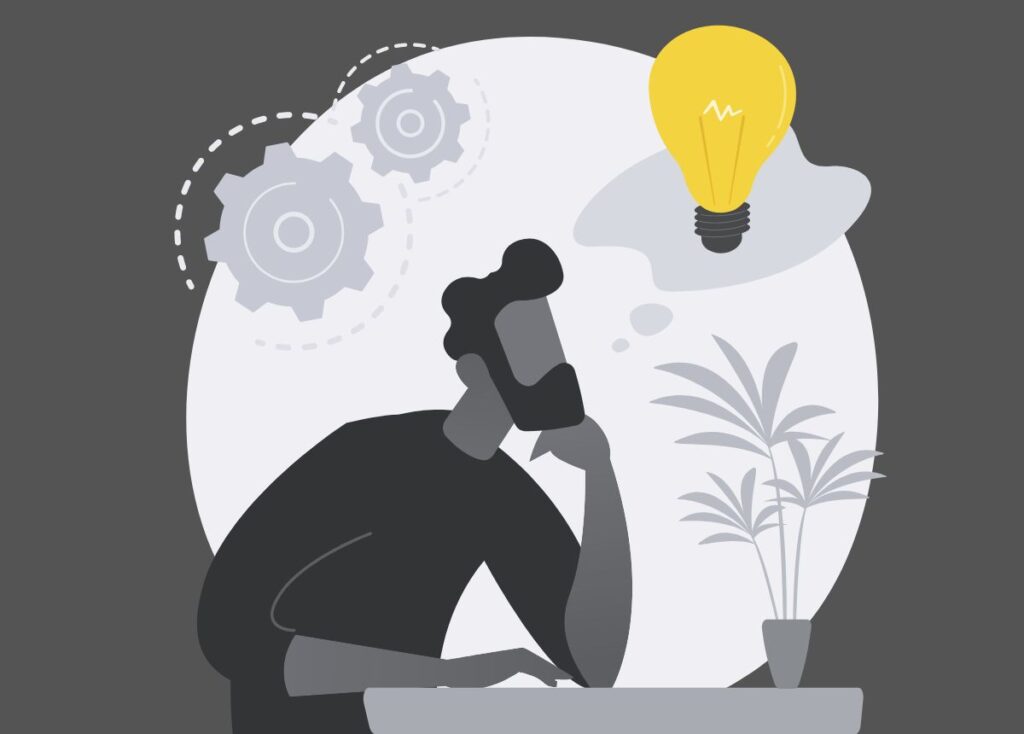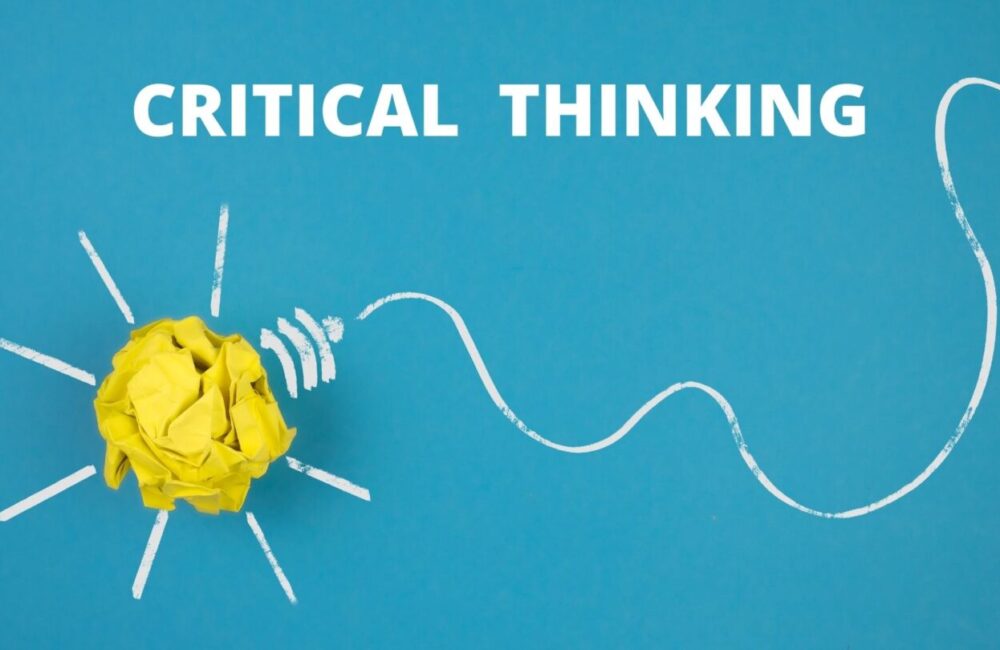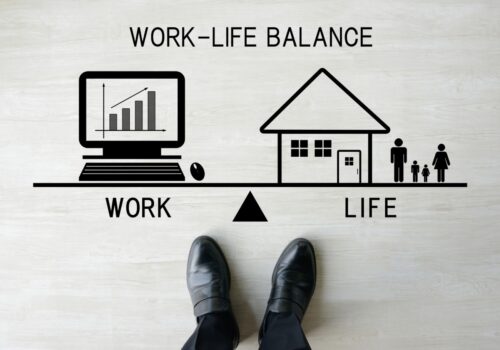Critical thinking involves deciding or judging based on facts, analysis, and thorough consideration of the situation. It’s most commonly used in business and academic settings but can be helpful in other conditions. This post will teach you what critical thinking is and how to promote it in the workplace so that employees aren’t prone to faulty decision-making, which could cost the company thousands or even millions of dollars.
What is Critical Thinking?
Critical thinking is the process of analyzing, evaluating, and interpreting information or ideas in a systematic and logical manner. It involves examining a problem or issue from multiple perspectives, identifying assumptions, and evaluating evidence to arrive at a well-reasoned and informed conclusion. Critical thinking is a skill that involves questioning assumptions, challenging beliefs, and being open to new ideas and perspectives. It is an essential skill in many areas of life, including education, business, politics, and personal decision-making. Those who possess strong critical thinking skills are able to think independently, make sound decisions, and solve complex problems with greater efficiency and accuracy.
The Importance of Critical Thinking
Critical thinking is an essential skill for success in all areas of life, including education, work, and personal decision-making. Here are some reasons why critical thinking is important:
- Making informed decisions: Critical thinking enables individuals to gather, analyze, and evaluate information from multiple sources to arrive at a well-reasoned decision. This skill is especially important in fields such as business, law, and medicine where decisions can have serious consequences.
- Problem-solving: Critical thinking is an important tool for problem-solving, as it allows individuals to approach complex issues from different angles, identify potential solutions, and evaluate their effectiveness.
- Innovation: Critical thinking is a key driver of innovation, as it encourages individuals to question assumptions, challenge established beliefs, and generate new ideas.
- Communication: Critical thinking helps individuals communicate effectively, as it enables them to organize their thoughts and arguments in a clear and logical manner.
- Personal growth: Developing critical thinking skills can also lead to personal growth, as individuals become more self-aware and reflective, and are able to better understand their own beliefs, values, and biases.
Critical Thinking Skills Can Be Taught.
Critical thinking is, at its core, a way of analyzing and evaluating information that can then be used to make better decisions. Unfortunately, many business professionals have yet to master these skills. But you can take steps as an employer or supervisor for your workers. If you’re struggling with poor performance due to poor decision-making skills, there are several ways you can help your employees grow as critical thinkers.

The Three Stages to Better Critical Thinking
If you want to improve your employees’ critical thinking skills, focus on these three stages: problem identification, solution identification, and decision-making. The first step (problem identification) will be focused on general skill sets like communication or research. But as they move through each stage, they’ll need to gain more specialized skills—in logical reasoning or programming languages, for example—to advance toward a solution. Once they’ve reached that point, you can help them decide which path to take next. This cycle of learning new skills, identifying problems with those skills, and gaining new knowledge continues until they reach their goal.
One of these cycles will be different from another, but you’ll start with a broad set of skills everyone on your team needs. Then, through a series of smaller cycles, those employees will gain more specialized skills. Finally, once they’ve reached their goal, you can help them decide what to do next.
Tools For Better Problem Solving
Critical thinking is more about approaching problems than a defined set of tools. Here are some guidelines for smarter problem solving: Break big problems into small pieces. Don’t focus on finding the answer, but rather search for solutions (as there may not be one). Focus on preventing errors (instead of making them right after they happen). Solve more minor problems first, eventually leading to eliminating the more significant issues.
How Can We All Learn More About This Skill Set?
Critical thinking may sound like an academic skill set—and it certainly is essential for anyone who works with data or ideas. However, anyone can learn critical thinking at any level, from CEOs to entry-level employees. Critical thinkers think creatively, strategically, and independently; they know how to work under pressure and make decisions based on evidence. They also embrace change—they don’t fear what’s coming next because they’re prepared for anything.
Examples of Effective Critical Thinkers
Critical thinkers are required for problem-solving, which means they can be identified by observing their ability to identify problems, collect information on those problems, analyze them, form hypotheses, test them, and draw conclusions. If you know what an excellent critical thinker looks like, you know what not-so-good ones also look like.
Critical Thinking Exercises
It may sound like a buzzword, but critical thinking is key to success—not just professionally but also in life. For example, job interviews are all about critical thinking: A hiring manager will be asking you questions that require some thought before you respond. So what exactly is critical thinking? Simply put, it’s when you evaluate information and make decisions based on evidence rather than emotions or biases. To improve your ability to think critically, try these exercises next time you have a few minutes of downtime.
- Make a list of the pros and cons of an argument or decision. Then, flip your list around so that you now consider only cons (or pros). What do you notice? Do both lists seem valid? Or did one side win over another? If so, why do you think that happened?
- How many different ways can you come up with to solve a problem or address an issue at work? You might even want to write them down.
- Think of a recent conversation you had with someone at work. Now, ask yourself: Why did I say what I said? Was there any other way I could have phrased my response?
- Next time you watch TV or read something online, stop after every paragraph and ask yourself if everything makes sense. If not, why not? These things will help you to become a critical thinker.
How to Enhance Your Employee’s Critical Thinking?
Improving your employees’ critical thinking skills can lead to better problem-solving, decision-making, and innovation within your organization. Here are some tips to help you improve your employees’ critical thinking:
- Provide training: Offer training sessions or workshops on critical thinking to help employees understand the importance of this skill and learn how to apply it in their work.
- Encourage questions: Encourage employees to ask questions and challenge assumptions in meetings and discussions. This helps to foster a culture of critical thinking within your organization.
- Use real-world scenarios: Use real-world scenarios to help employees practice critical thinking skills. For example, present a complex problem or issue and ask employees to analyze it and come up with potential solutions.
- Provide feedback: Provide feedback to employees on their critical thinking skills. This can be done through performance evaluations, one-on-one meetings, or team discussions.
- Encourage diverse perspectives: Encourage employees to seek out diverse perspectives when analyzing problems or making decisions. This helps to ensure that all angles are considered and can lead to more innovative solutions.
- Foster a learning culture: Foster a culture of continuous learning within your organization. Encourage employees to seek out new information, read books and articles on critical thinking, and attend conferences and workshops.















